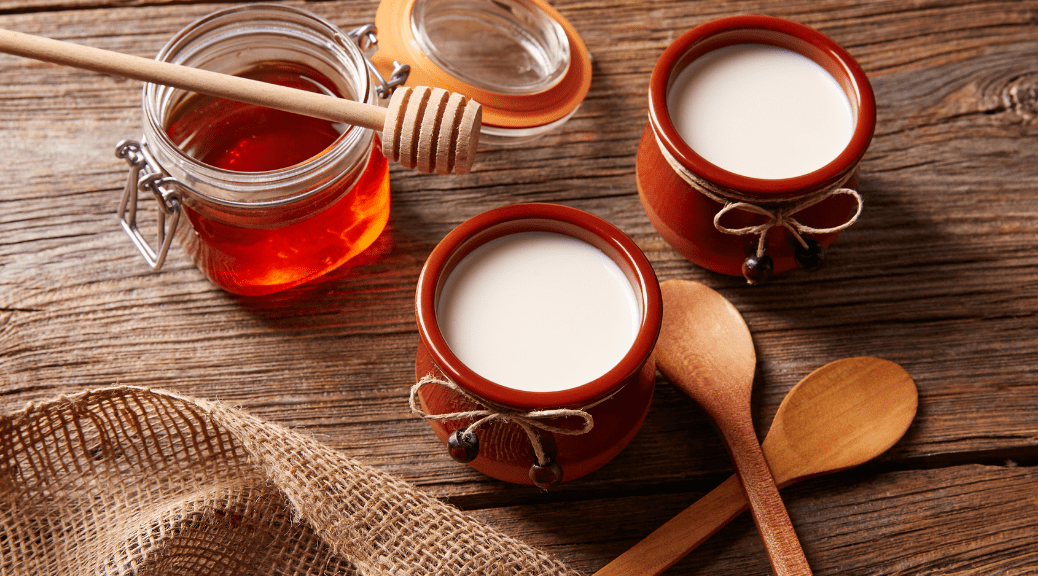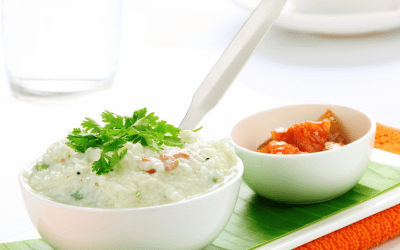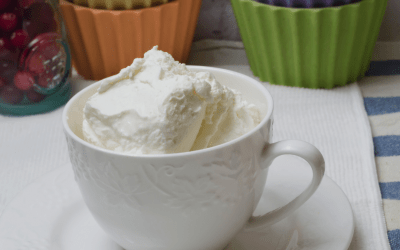We all grew up hearing from our parents and grandparents about how excellent curd is for health. Well, it seems that our elders were right. Curd is...

Curd – Is your brand the healthiest?

In India, having curd before an exam or an interview is considered auspicious. Curd is a staple in most of the households in India. We eat it with hot parathas, as sweet lassi or as cooling chaas. There is no denying the fact that Dahi is a health food. It is loaded with nutrition and amazing health benefits. It is rich in phosphorous and calcium and makes teeth and bones stronger. It also helps in building our immunity. But one needs to evaluate the quality of the product before buying curd from the market. Beware before you get hold of that packet. Consumer VOICE tested 11 plain curd and 2 probiotic curds, we found the lead level was not below the acceptable level in one of the tested brands. So, while any number of health benefits are attributed to good old curd, it is good to be aware of the parameters with which to assess the quality, safety, and acceptability of the ones we choose to consume.
Three Reasons Why Branded Curd May Be Better than the Homemade one
- The main ingredient that makes curd firmer and gives it a smooth texture is the high SNF content in the milk used. Commercially made curd will have higher SNF content (around 10 per cent), which is attained through techniques applied during manufacturing or through added SNF. Homemade curd will generally have SNF of around 8 per cent–9 per cent, which makes a big difference.
- The process followed commercially is highly standardised – for example, for how long to heat milk at what temperature, when to add the culture, for how long to set the curd in incubator, and so on. This is very difficult to follow at home, even if you know the parameters.
- The culture used in the commercial production of curd is a monoculture of a single cloned bacterium or it may be a mixture of some specific bacteria. This brings consistency in the texture and taste. At home, we use the culture from the previous curd, which can deteriorate over the period of reuse, and the taste may also change.
The brands which were tested included Ananda, Paras, Britannia, Amul Masti, Mother Dairy Classic, Gowardhan Rich and Thick, Nestle Nourish, Patanjali, Vita, Nova and Madhusudhan. Mother Dairy Advanced Probiotic and Nestle Actiplus Probiotic were also part of the tests. They were tested for lead, cholesterol, fat, carbohydrates and saturated fat content among others. The other important contamination that all the brands were tested for was that of microbiological contamination. Microbiological contamination is a very serious issue for milk products. Due to improper or poor hygienic condition during the manufacturing process, microorganisms may occur in the finished product which might result in food-borne diseases.
To get the full report of the test, grab a latest copy of Consumer VOICE Magazine.
Related
Facts About Nutrients in Curd: It’s Truly Worth It!
How to Beat the Heat with Curd?
Summers are possibly the worst time of the year for your digestion and gut health. It’s that time of the year when you don’t feel like eating...
Pros and Cons of Branded Curd: Should You Buy One?
The curd is one of the Indian superfoods that’s gaining a lot of global attention these days. The result, kids who used to stay away from curd when...



